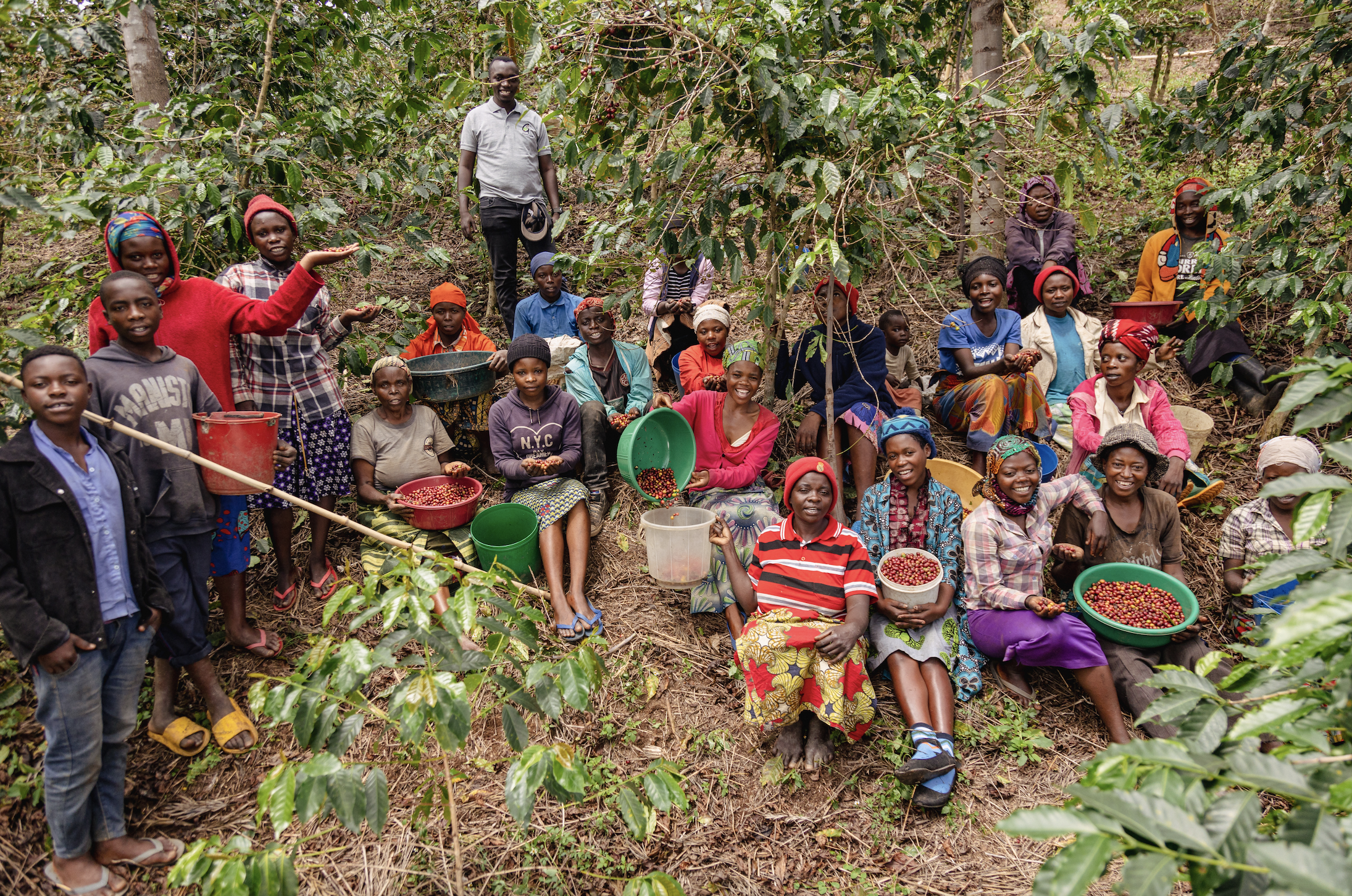Cup of Jo
JOUR 414
An Exploration of Gender Inequality in Coffee
2023
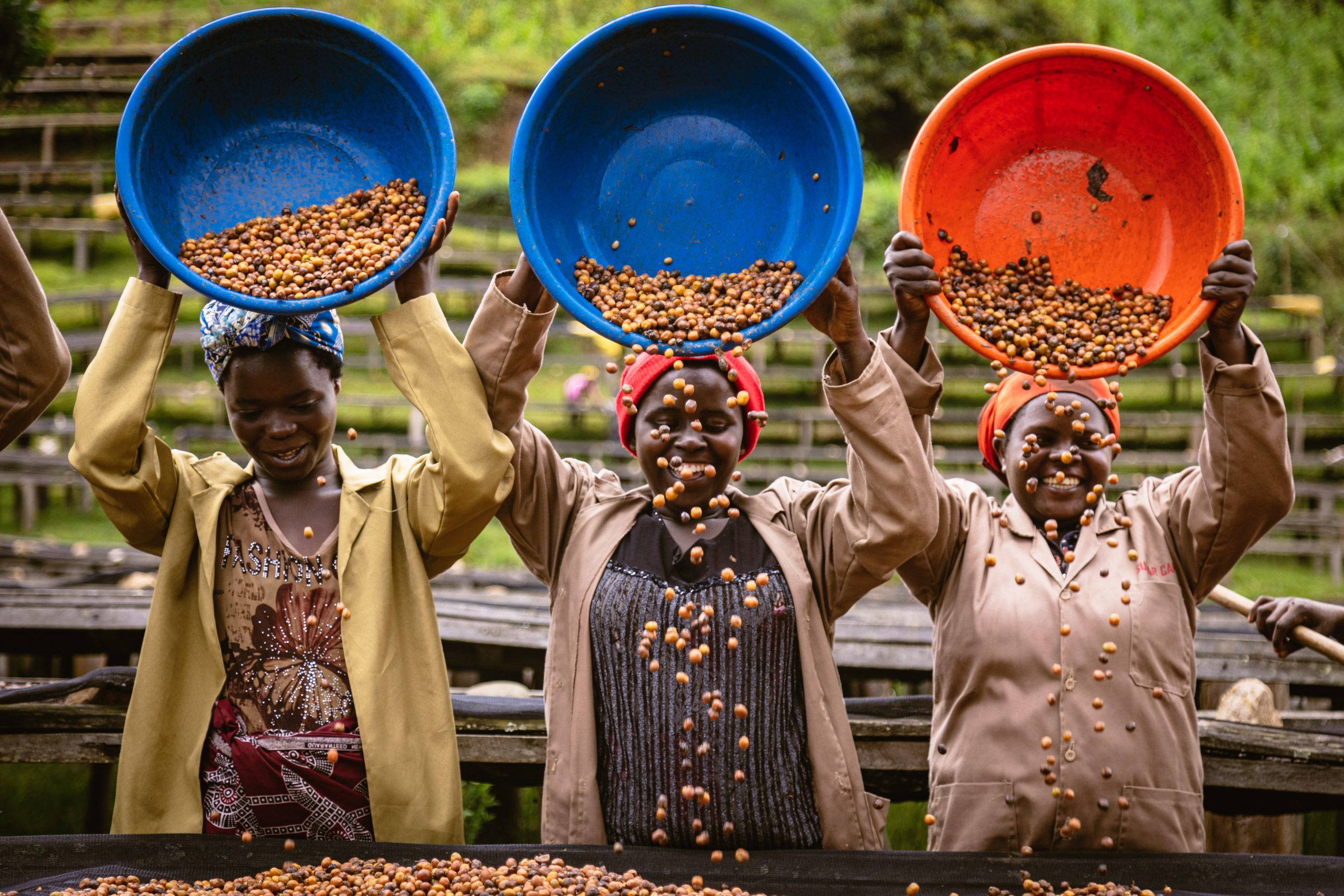
Source: Gasharu Coffee Farm
Behind everyone’s favorite morning beverage is a history of sexism and gender inequality, yet no one is talking about it.
According to the Food and Agriculture Organization of the United Nations, women make up 43% of agricultural labor forces in developing countries. In coffee production specifically, they make up 70% of manual labor, yet they are overlooked when it comes to decision-making, trading, analysis, and business ownership, according a study done by the International Coffee Organization.
How did coffee come to be?
Click Below to Learn
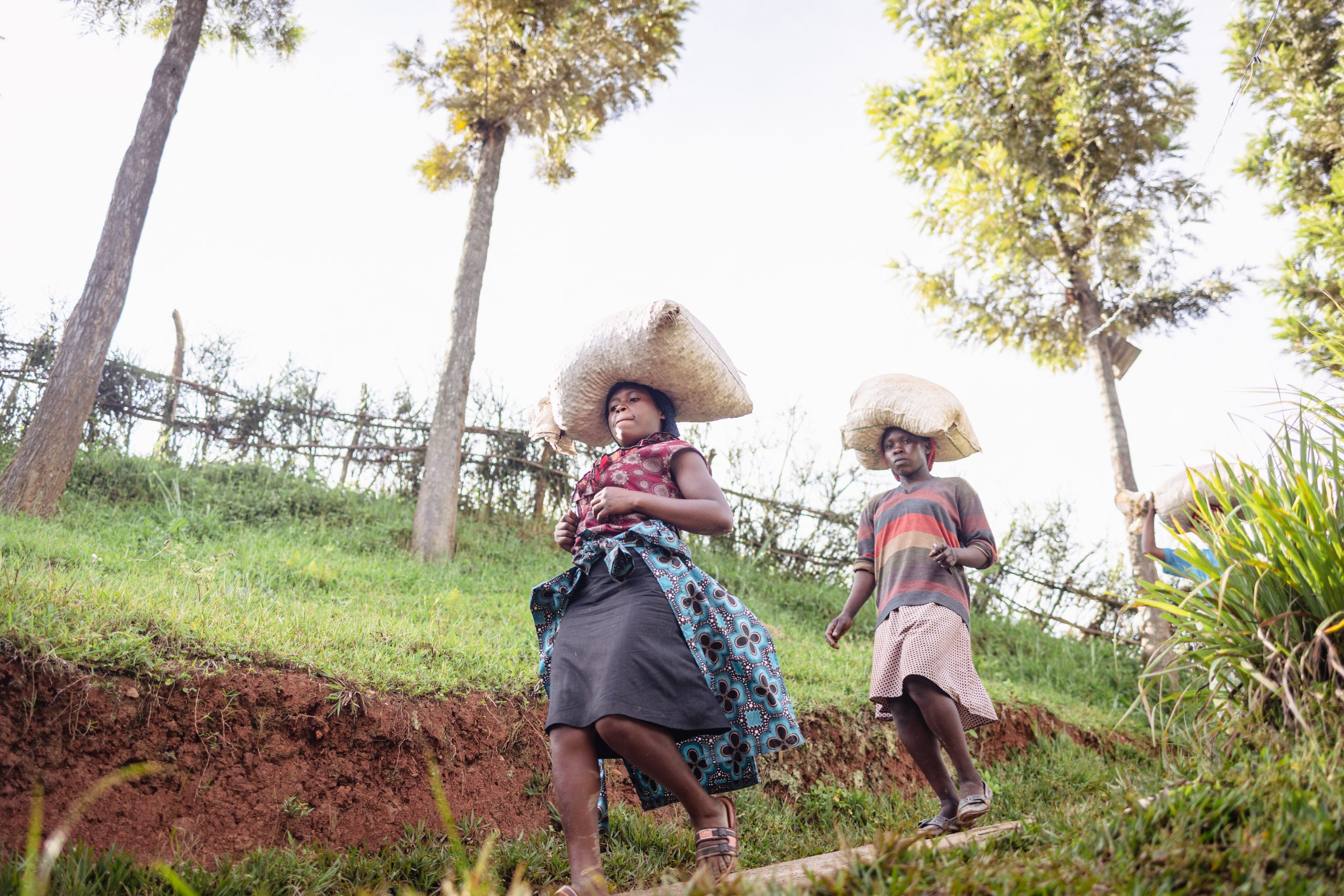
Source: Gasharu Coffee Farm
Female coffee producers are less likely to own land, take on more physical labor, are paid less, and are given fewer leadership positions, according to research done by the Specialty Coffee Association of America.
It’s not just on the farms where women face this inequality. Historically, only men were allowed in coffee houses, research from Food, Culture, and Society said. Because coffee was such a strong beverage, it was believed that only men could drink it.
Coffee culture has come a long way but remnants of sexism linger on.
Jean Christophe Rusatira is an importer. His coffee, Umuko Coffee, is farmed on his family’s coffee bean farm in Rwanda: Gasharu Coffee Farm. Growing up on a coffee farm, he has seen firsthand the physical hardships of coffee production as his mother and sisters all work on the farm as producers.
“I see many women there, those are women that I knew as a kid, who were my playing buddies,” he said. “The work at the farm is not easy, so I think one really big thing that’s very memorable is the hard work and resilience.”
Gasharu Coffee Farm employs around 300 people every year; 80% of them are women, Rusatira said.
Though Rusatira’s mother does not technically own the land, she runs the whole thing. His mother has built their farm to what it is today, yet she will never be able to claim ownership to the land, he said.
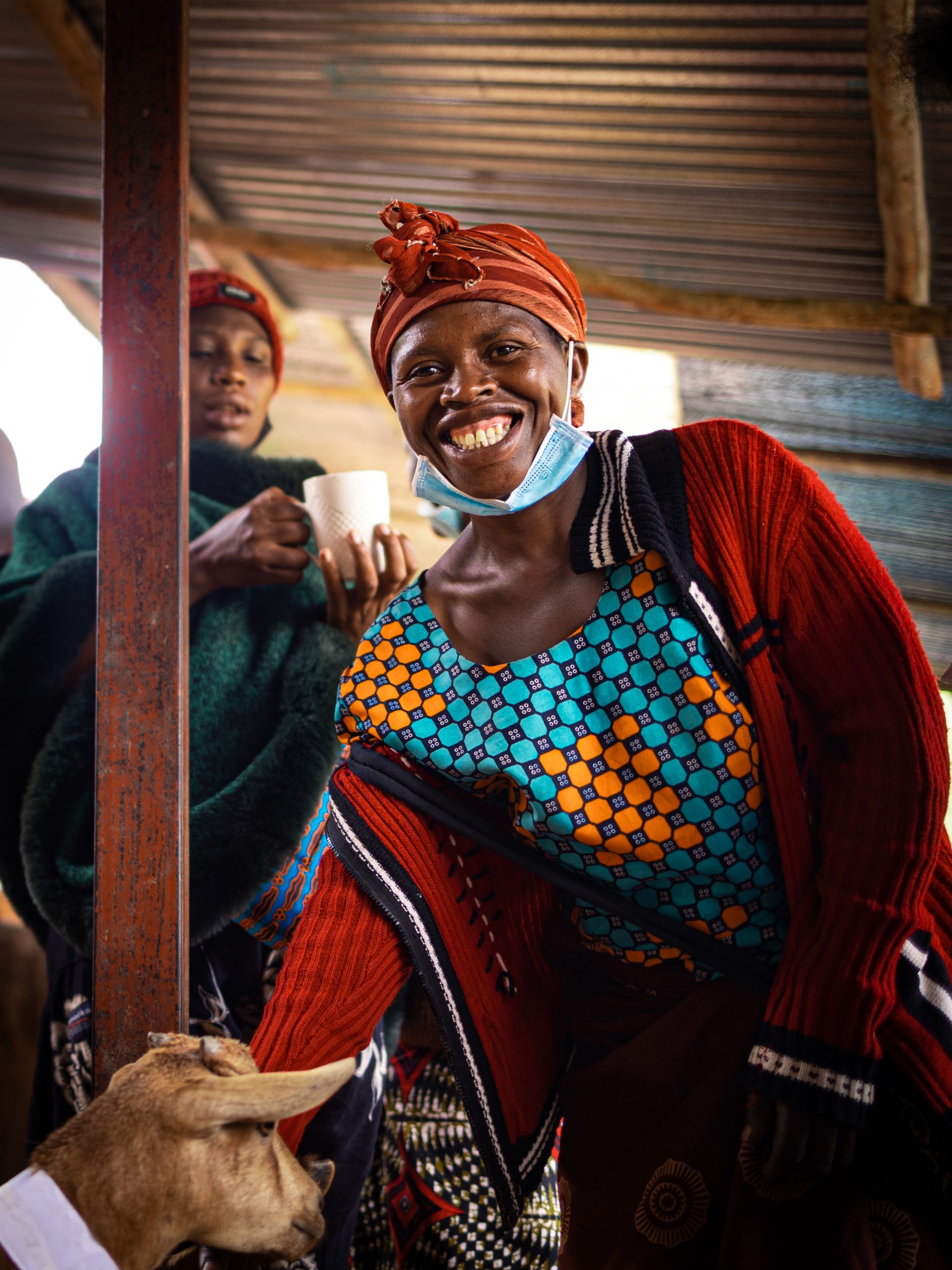
source: Gasharu Coffee Farm
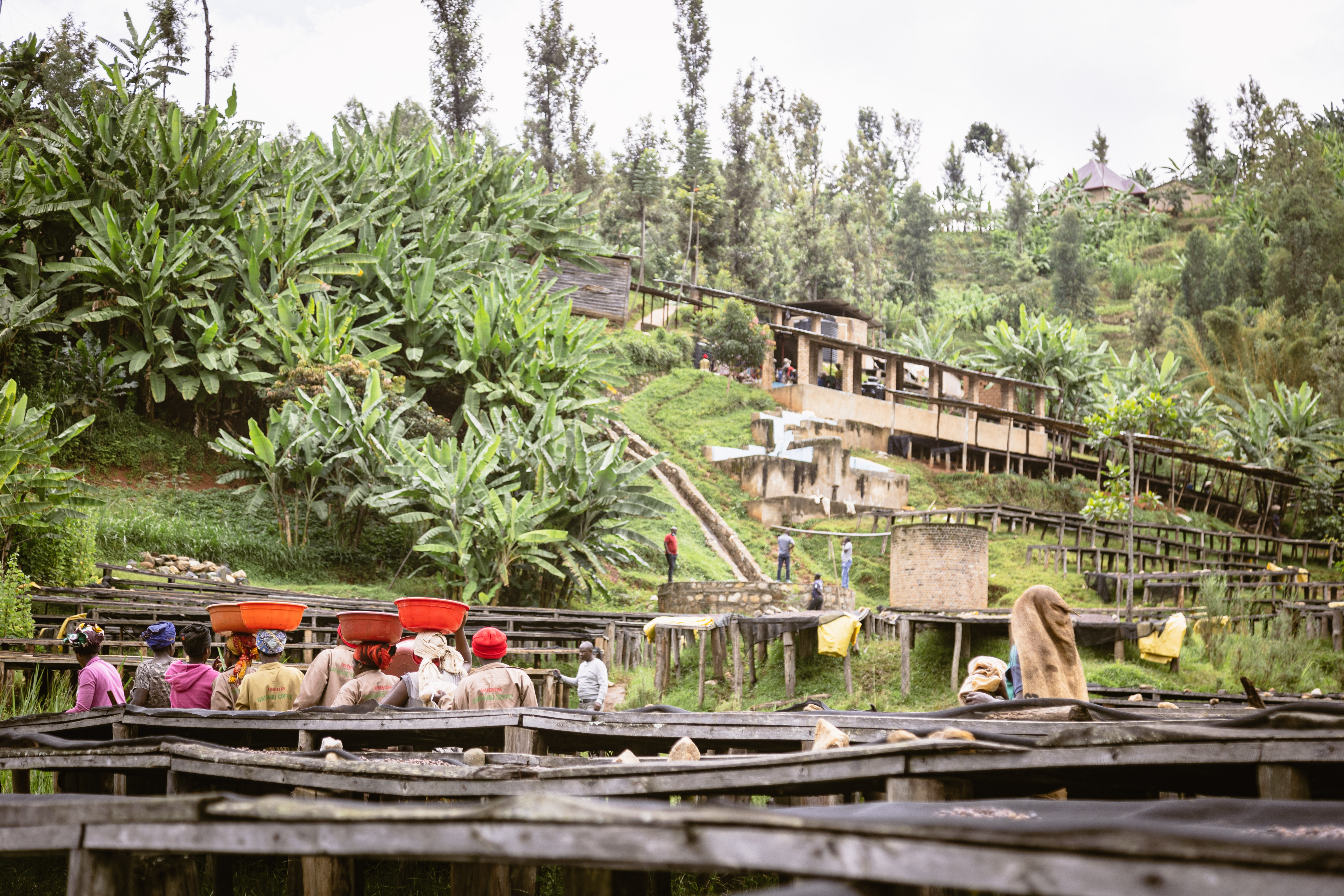
source: Gasharu Coffee Farm
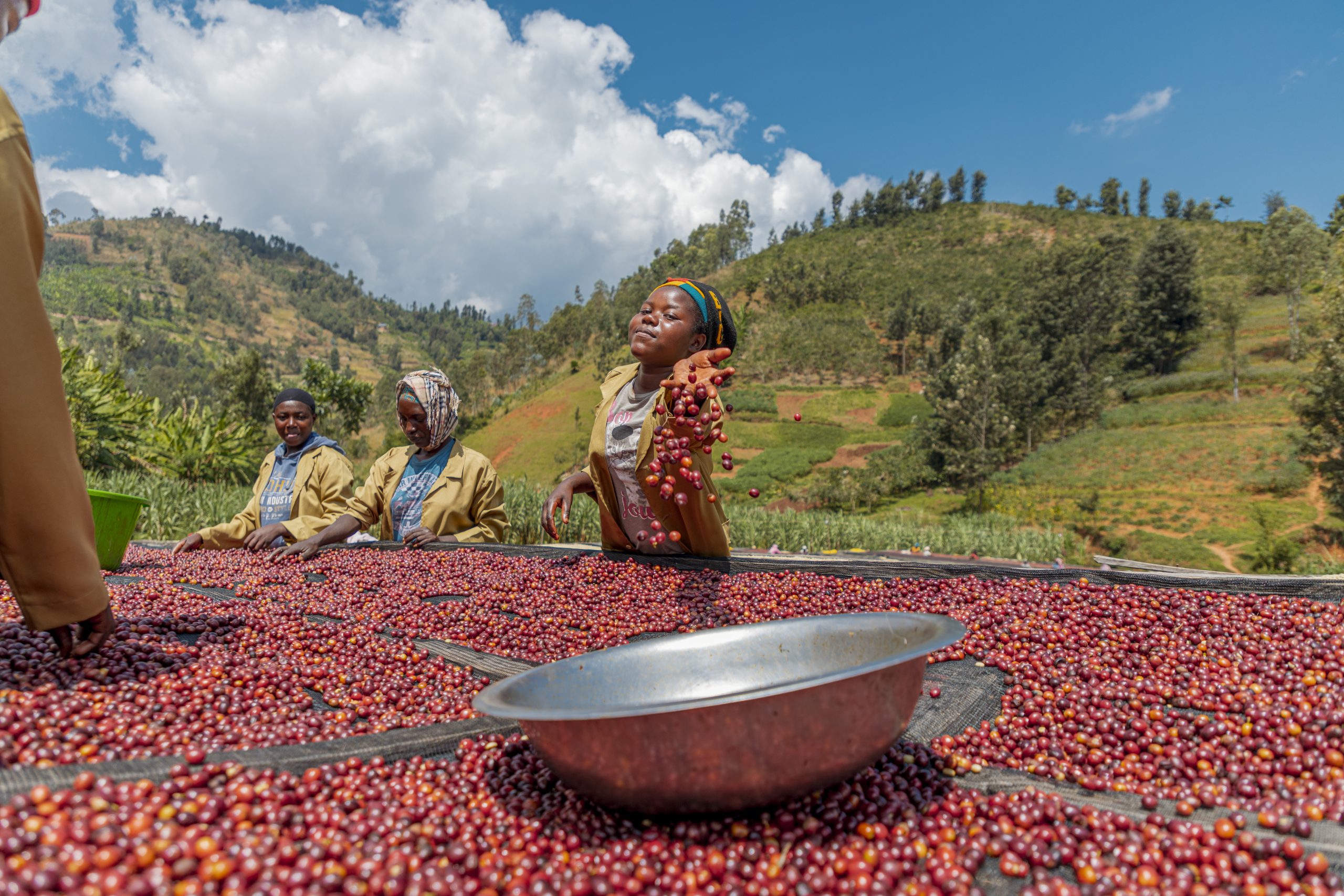
source: Gasharu Coffee Farm
Ruth Meinzen-Dick is a senior research fellow at the International Food Policy Research Institute. She says that these gender injustices started due to a mix of leftover colonization notions and the existing patriarchal structures of countries. Many laws were pushed in by outsiders, and it was the outsiders that didn’t think that it was important for women to have their own land rights, she said.

Meinzen-Dick says that women’s land tenure matters. “Very often if they don’t have secure land rights or recognized tenure, they’re not allowed to do things like plant trees,” she said.
Women not being able to tenure land also bleeds into sustainable farm practices as well. “If you’re trying to do a lot of climate smart agricultural practices, you can’t ask women or expect women to be doing them if they don’t have tenure because it’s often just simply not allowed,” she said.
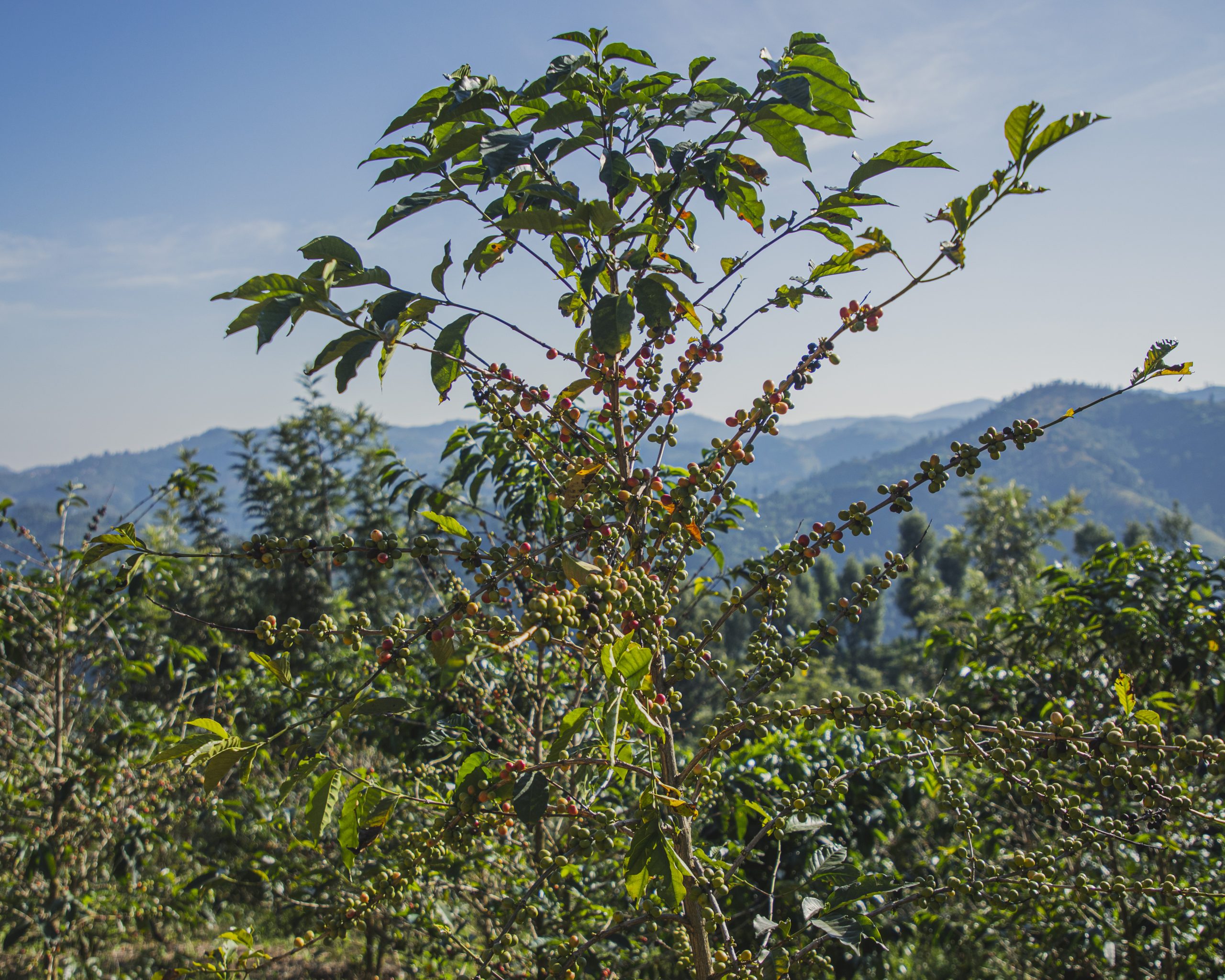
what are the common myths of women in agriculture?
Click Below to Learn
Natalie Webb built her career as a human rights lawyer by traveling around the world to fight social injustices in developing countries. In combining her passion for social justice and love for the coffee community, she created Cafecita Coffee, a female-founded coffee roaster based in Los Angeles. They work specifically with female producers to ensure that gender equality is upheld during all stages of production, from the planting of the bean to the packaging of the grounds.

“I make a point of only partnering with importers that I know care about the relationships that they have and where they’re getting coffee.”
Natalie webb
Rusatira said Webb was equally passionate about the coffee industry after just a few emails back-and-forth. “I could tell she really cared about what was behind the story… She cared about what I was trying to do,” he said.
Umuko Coffee now supplies their beans to Cafecita Coffee, and with every sale, Rusatira leaves a 10% margin to support the women’s groups that work on Gasharu.
“I’ve been able to kind of sell more, make people more money, and invest more in my community, really. That’s really what I care about,” he said.
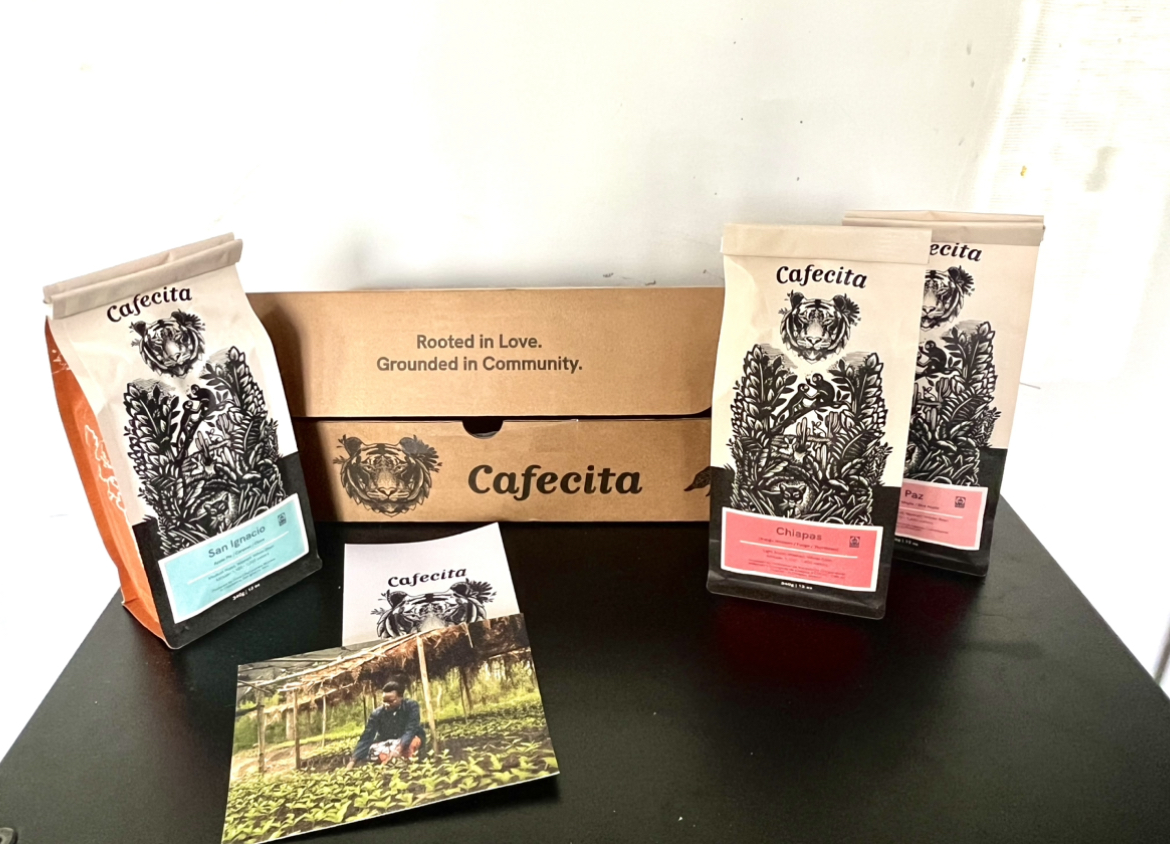
Like Webb, Annie Choi was attracted to the community aspect of coffee; that’s why she left the entertainment industry to create Found Coffee.
“Everyone thinks having a coffee shop is cool right? It’s not.”
Annie Choi
On top of the daily tasks of running a café, Choi also must deal with the male-dominated industry that is coffee shops. Besides her love of the coffee community, one of the main reasons she wanted to switch careers was to carve a space for Asian-American women in the coffee industry.
In her experience, Choi says that it’s not that female coffee shop owners are given less opportunities, it’s that the white male owners and baristas are just celebrated more. “They have access to a lot more press, they have access to a lot more resources that [women] wouldn’t even think about or even be offered,” she said.

Rusatira agrees. He believes that the reason most people don’t know about the gender issue in coffee is due to the white washing of our history books.
Choi makes an assertive effort to support other women in coffee. She consciously uses roasters who source from female famers and hire baristas of all types of races, ethnicities and genders, she said. Choi says her baristas are split evenly: 50% men and 50% women.
Female-Founded Coffee Shops in LA
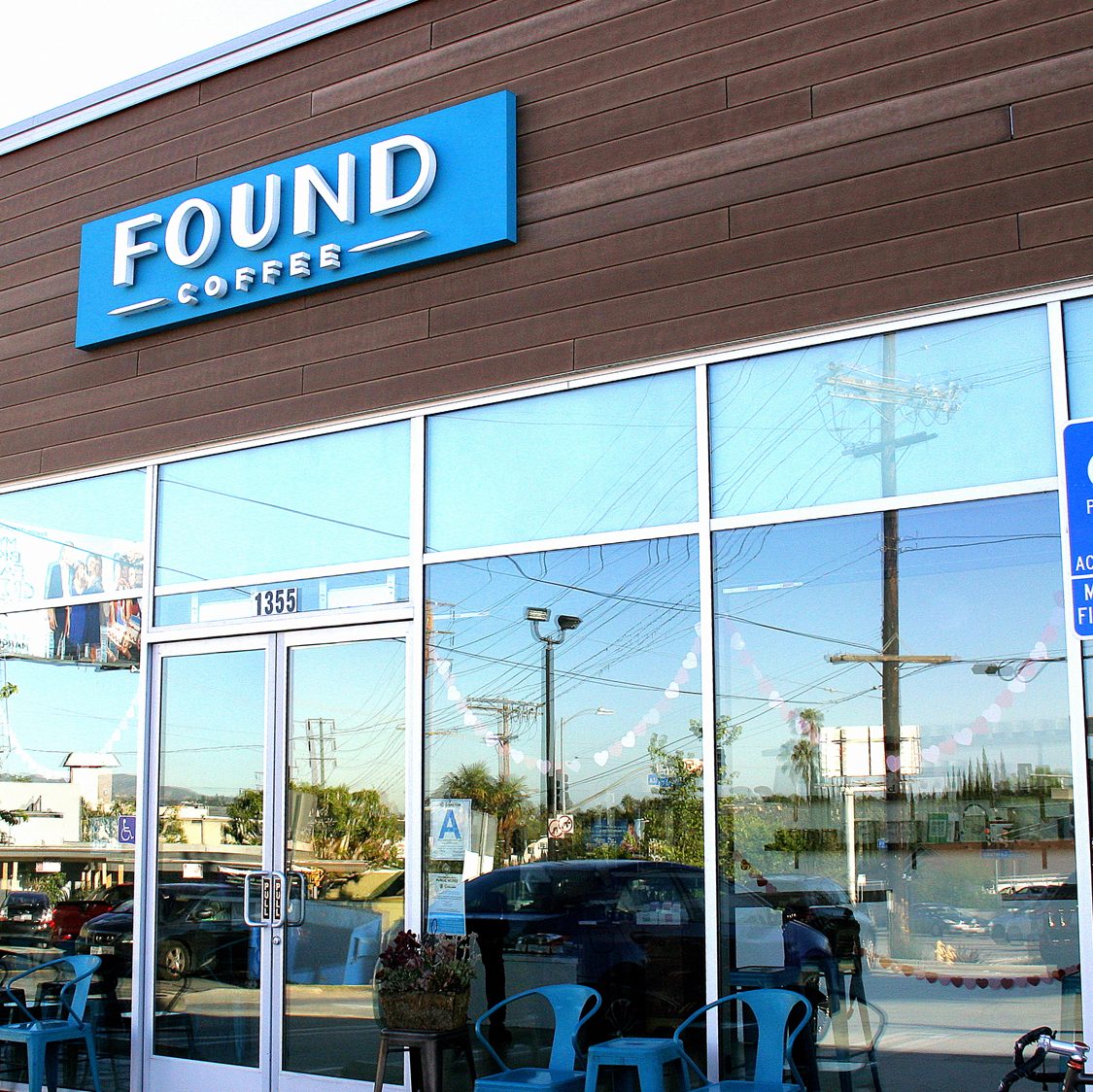
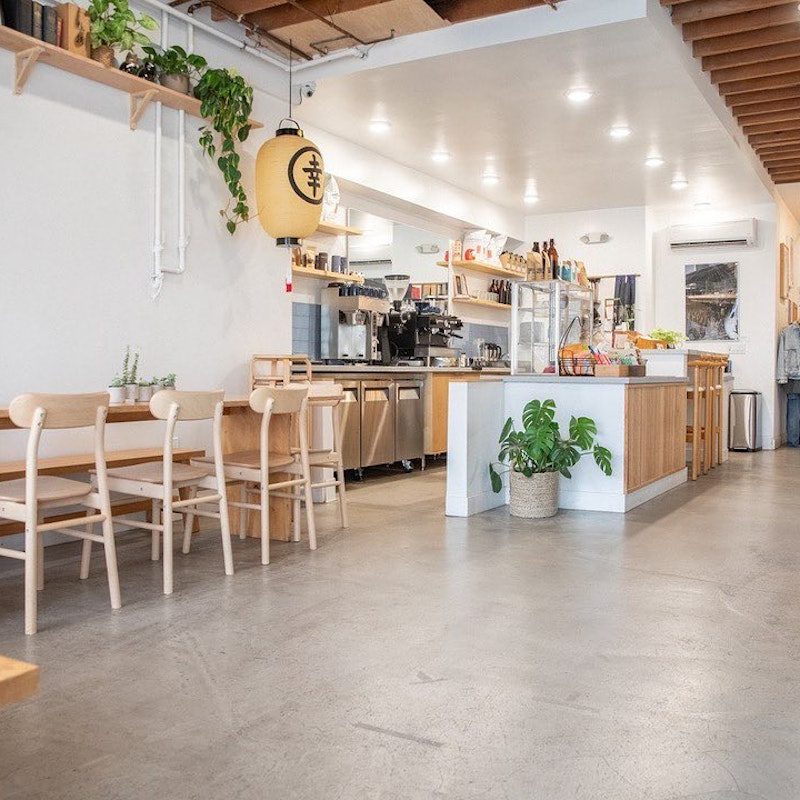
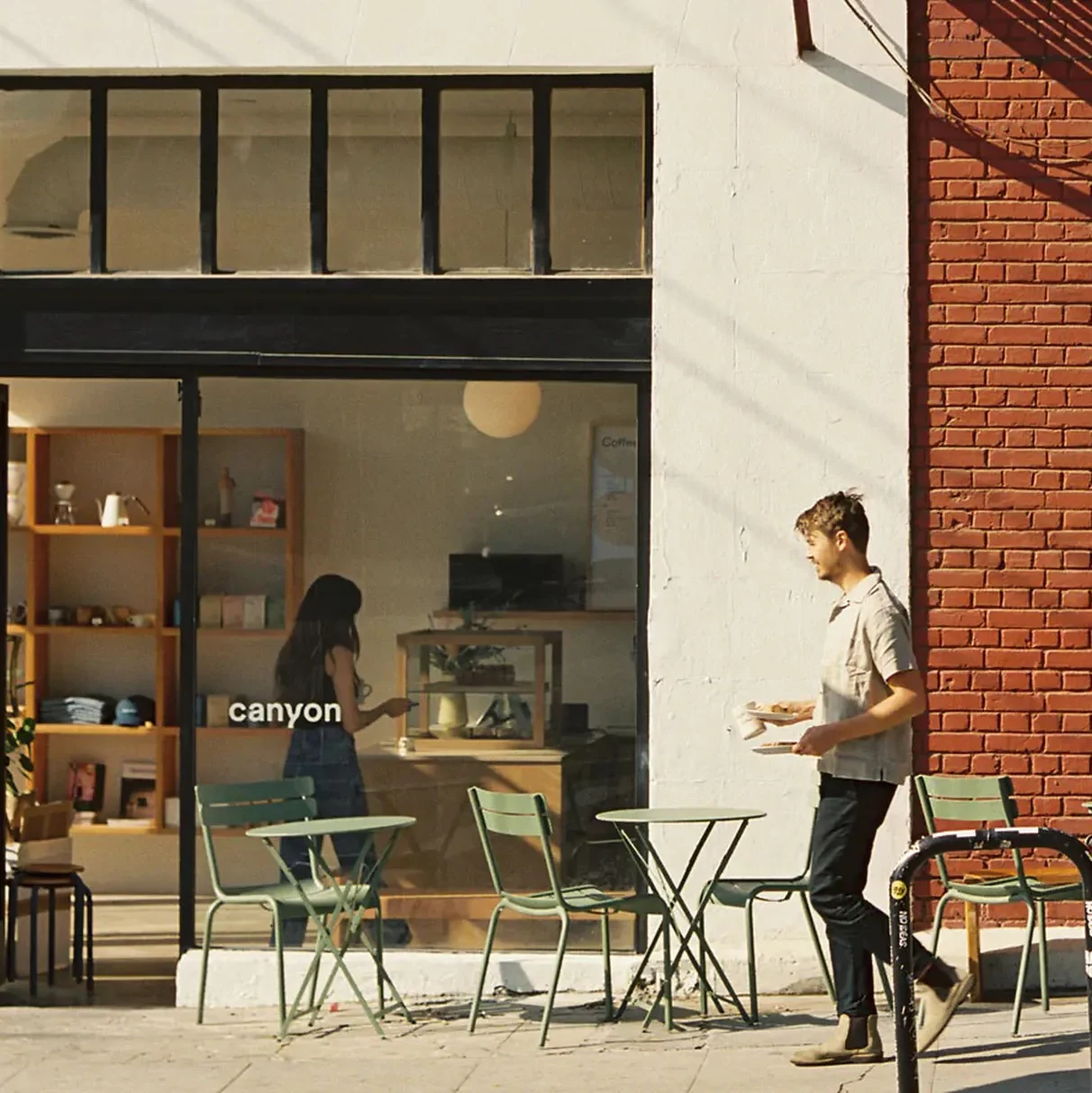

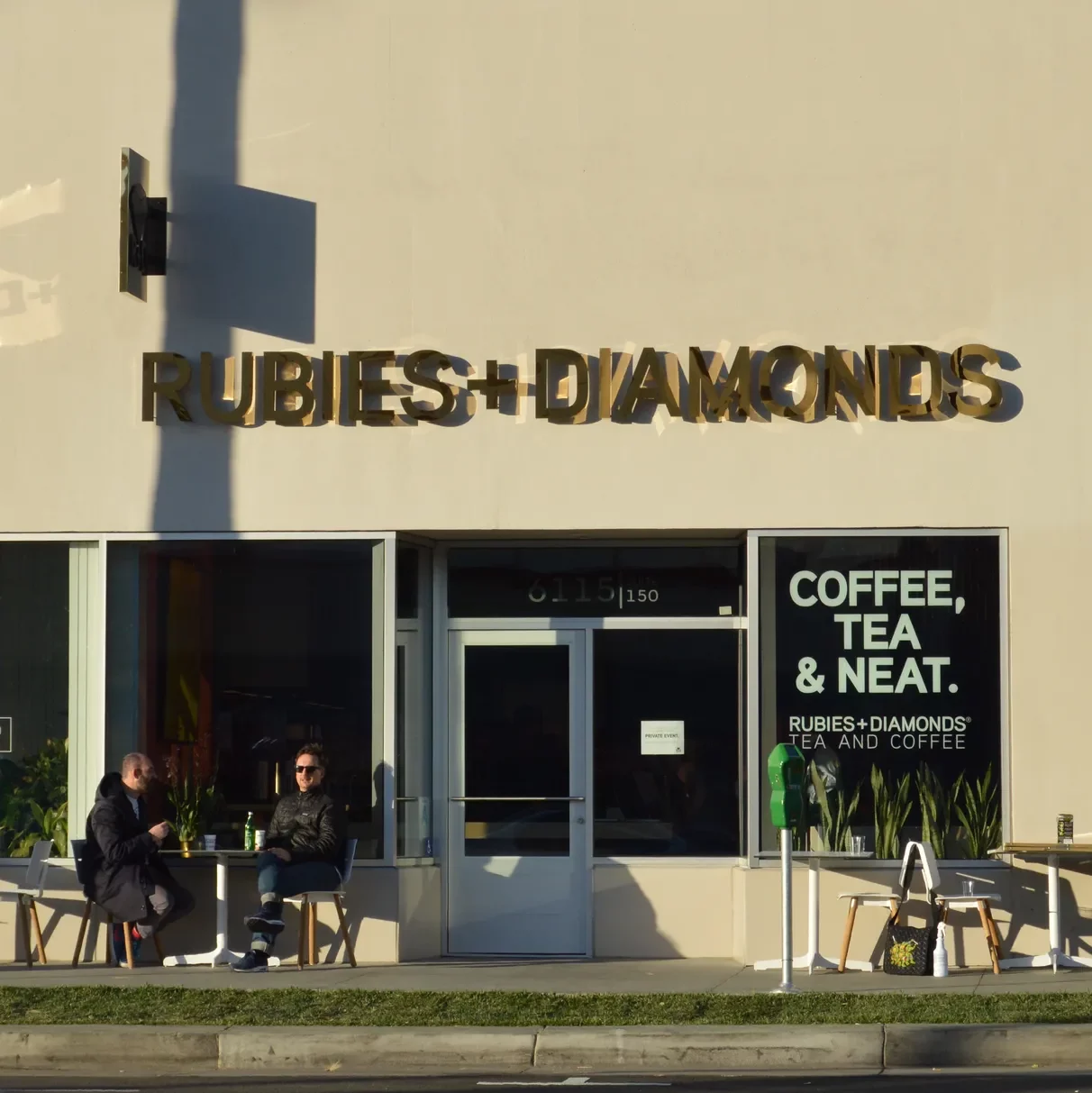
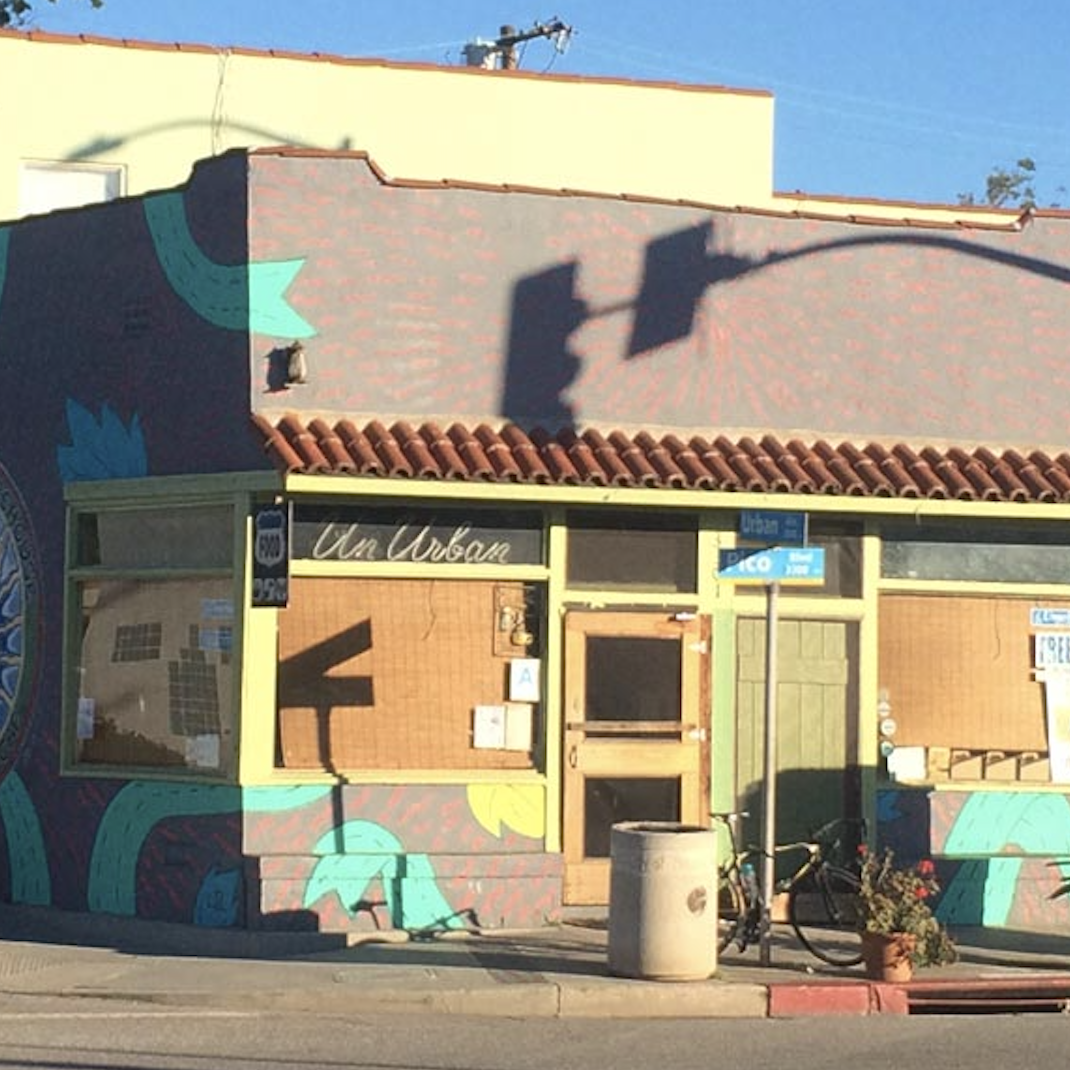
Adriana Aviles is a barista who has faced the brunt of the gender inequity. She has worked as a barista in specialty coffee shops for seven years now and finds that most bosses and management aren’t ready to do work towards employee empowerment and equity.
“Being a woman in coffee can be pretty weird and difficult sometimes.”
adriana aviles
Aviles recalls the exploitation of baristas. In her early years, she wouldn’t even take lunch breaks, and she wasn’t compensated for it. Among that, she wasn’t paid for overtime and would work up to 14 days in a row, not to mention the sexism she and her female coworkers would face.
Aviles felt like her niceness and strong work ethic was often taken advantage of. “It took me a long time to realize that if I had rights, that baristas had rights, and if I don’t care for myself and become a leader, then I perpetuate that same kind of culture,” she said.
Impassioned by female barista rights, Aviles began collecting data on workplace cultures to try to explain why baristas would stay or leave a job. She wanted to create a safe space for her fellow baristas and encourage them to speak out for themselves. “I feel like a lot of people in the service industry sometimes don’t realize that they’re worth so much more,” she said.
If it’s such a big issue, why aren’t people talking about it?
“People don’t know what they don’t know,” Aviles said. “People don’t know what we don’t tell them.”
Choi has a blunter viewpoint.
“Isn’t [it] just America, love?… The common consumer just wants their latte and then they’re out.”
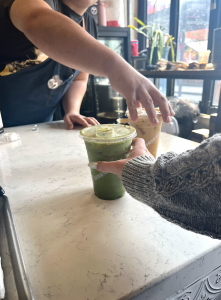
Aviles calls for common consumers to start buying their coffee from cafes and roasters that are having ongoing conversations about equality, and she hopes it becomes a more normalized topic of conversation. “If [consumers] were to talk about [it] more with each other, I feel like that’s just helpful,” she said.
Webb hopes that women will one day get the recognition for all their hard work and feel empowered as producers.
“People care about their coffee. They drink it every morning… it’s such a part of so many people’s lives, and there’s already interest in it. I feel like it’s not hard stuff to be like, ‘Okay, let’s bring gender into that,’” Webb said.
Choi agrees.
“It’s time for more women to enter coffee.”
